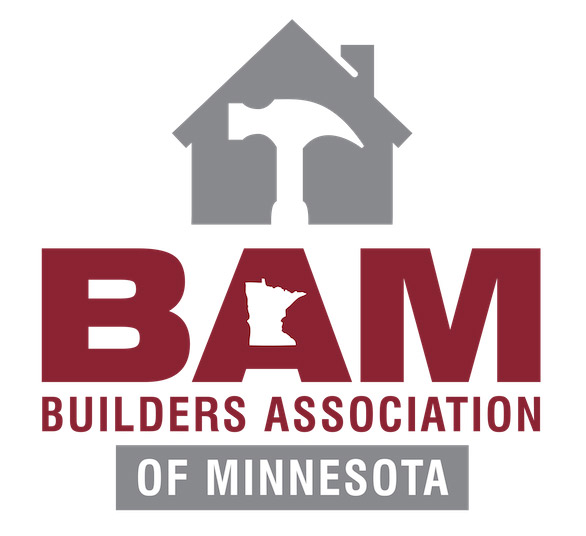OSHA Ramps Up Employers’ COVID-19 Record Keeping Obligations
The Basics: When Does Your Record Keeping Obligation Kick In?
Before summarizing the new standard, it’s important to understand employers’ obligations in this area. OSHA recordkeeping requirements mandate covered employers record certain work-related injuries and illnesses on their OSHA 300 log. According to the agency, COVID-19 cases must be recorded if:
- The case is a confirmed case of COVID-19;
- The case is work-related (as defined by 29 CFR § 1904.5); and
- The case involves one or more of the general recording criteria as outlined by OSHA: if it results in death, days away from work, restricted work or transfer to another job, medical treatment beyond “first aid,” or loss of consciousness (OSHA provides a specific and complete definition of “first aid” in 29 CFR § 1904.7(b)(5)(ii)).
Employers Must Make an Effort To Determine Work-Relatedness Of COVID-19
In its May 19 announcement, OSHA pointed to the fact that transmission of the virus and preventing infection are now better understood, and workers are returning to work. For these reasons, the agency is now taking the position that employers in all industries should determine whether employee COVID-19 illnesses are work-related and thus recordable. Thus, as of May 26, OSHA will be enforcing the record keeping requirements for employee COVID-19 illnesses for all employers, and not just for those in high-risk industries.
The agency has provided some leeway, however. It indicated that it understands that certain small employers lack access to employees’ medical information. For this reason, it said it will not aggressively enforce the requirement against those employers.
Further, OSHA continues to recognize the difficulty in determining work-relatedness and will assess employers’ efforts in making work-related determinations. The guidance directs agency Compliance Safety and Health Officers (CSHOs) to consider a variety of factors when determining whether an employer has complied with the obligation to make a reasonable determination of work-relatedness. These factors include:
- The reasonableness of the employer’s investigation into work-relatedness. For most employers learning of an employee’s COVID-19 illness, it is sufficient to
- (1) Ask the employee how they believe they contracted the COVID-19 illness,
- (2) While respecting employee privacy, discuss with the employee their work and out-of-work activities that may have led to the COVID-19 illness, and
- (3) Review the employee’s work environment for potential SARS-CoV-2 exposure.The evidence available to the employer. CSHOs will consider the information reasonably available to the employer at the time it made its work-relatedness determination.
- The evidence that COVID-19 was contracted at work. The guidance highlights that certain types of evidence weigh in favor of or against work-relatedness. For example, when there is no alternative explanation, a case is likely work related:
- When several cases develop among workers who work closely together;
- If it is contracted after lengthy, close exposure to a customer or coworker who has a confirmed case of COVID-19; or
- If an employee’s job duties include having frequent, close exposure to the general public in a locality with widespread transmission.
If an employer makes a reasonable and good faith inquiry but cannot determine whether it is more likely than not that exposure in the workplace played a role in the confirmed case of COVID-19, the agency says that the employer does not need to record the illness.
What Should You Do?
This new guidance highlights the importance of implementing preventive measures and measures for contact tracing as employees return to the workplace. You should continue to focus on minimizing the risk of transmission in the workplace and develop a procedure to investigate the circumstances surrounding employees who test positive for COVID-19. You should also be mindful of respecting employee privacy during your investigation into the work-relatedness of a confirmed case of COVID-19.
